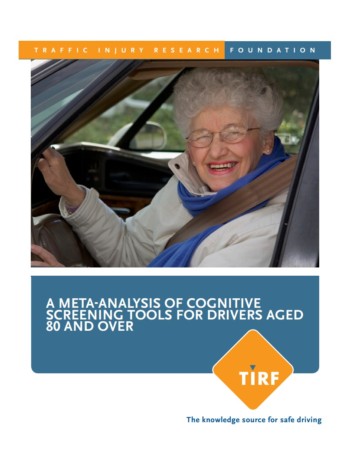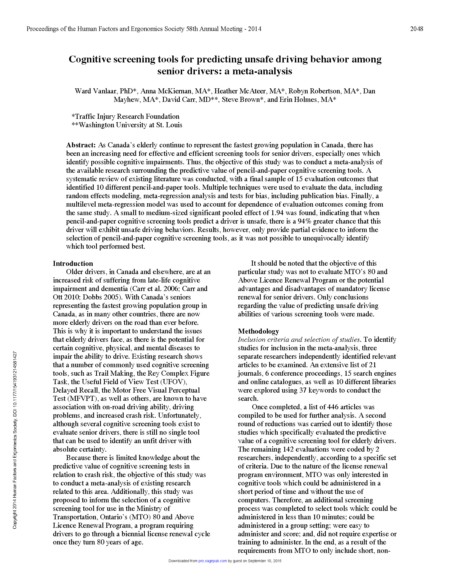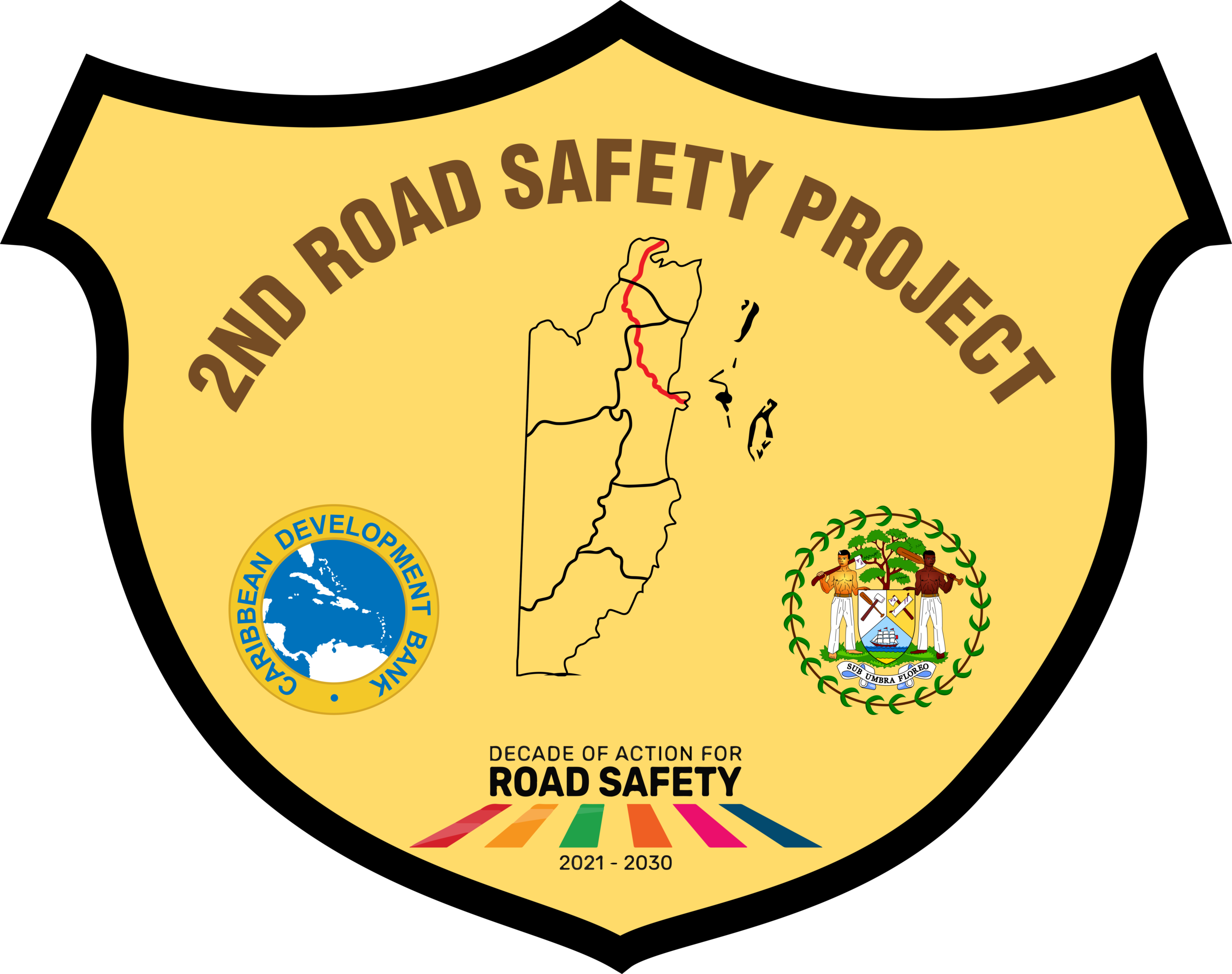The Traffic Injury Research Foundation (TIRF) released ‘A Meta-Analysis of Cognitive Screening Tools for Drivers Aged 80 and Over,’ a report funded by the Ontario Ministry of Transportation (MTO). Canada’s population is aging and seniors represent the fastest growing population group in Canada. Research also shows that continued mobility is important to the health of persons as they age. In light of the expected increase in aging drivers who are at-risk for cognitive impairments and dementia, there is a need for efficient and effective strategies to screen for cognitive impairments. It is crucial to establish the most reliable methods to assess cognitive impairment among elderly drivers and identify drivers who may need further testing.
The objective of this project was to gather and analyze information to inform the selection of a cognitive screening tool or tools that can be used during Group Education Sessions (GESs) for elderly drivers in Ontario. Ultimately, this tool can be used during GESs to discriminate between elderly drivers who require more extensive testing (i.e., an on-road examination), from elderly drivers who are fit to continue driving without further examination. The meta-analysis revealed that there is fairly robust evidence to suggest that cognitive screening tools have value in predicting driving behaviour. The Clock Drawing Test and the Double Letter Cancellation Test are two of the ten applicable tools analyzed by TIRF that accommodated the pre-set testing conditions. Both tests are practical in nature and require no specialized equipment to complete. The results of this meta-analysis can be used in combination with other sources of knowledge to select a cognitive screening tool.









